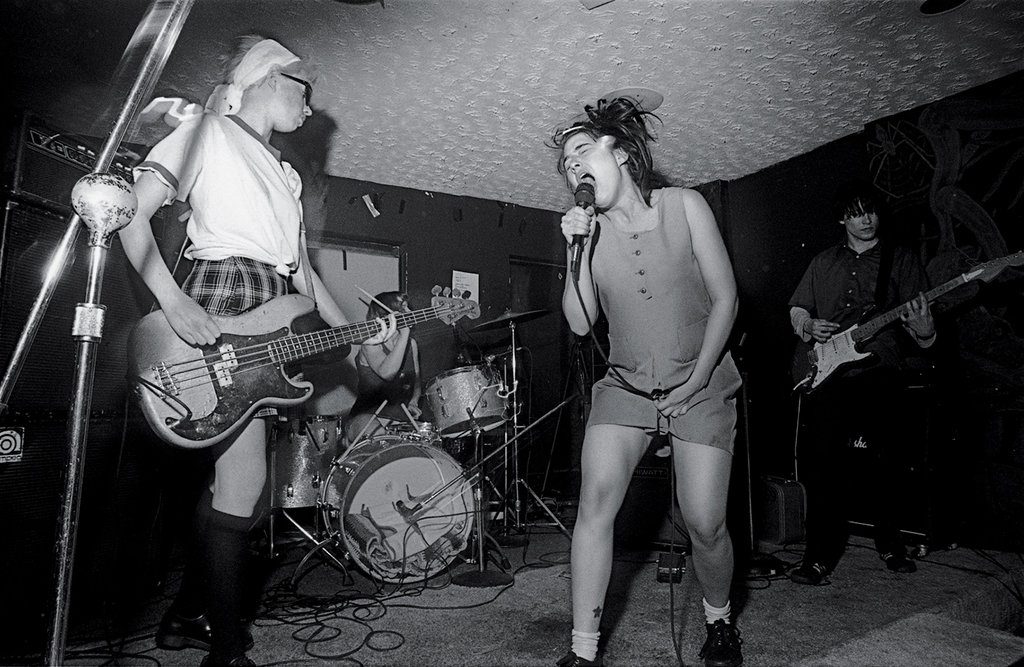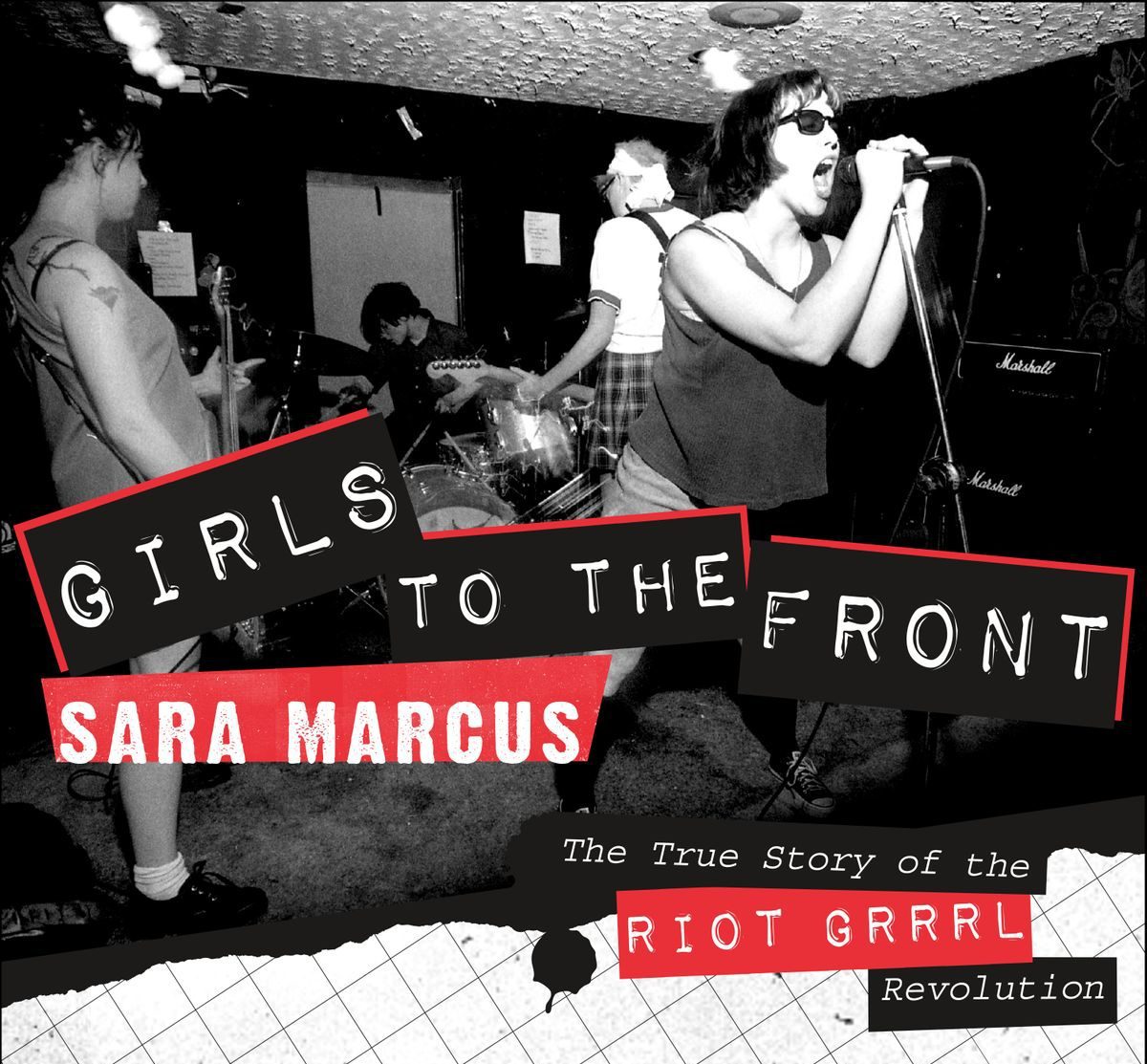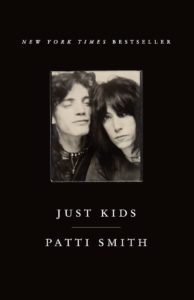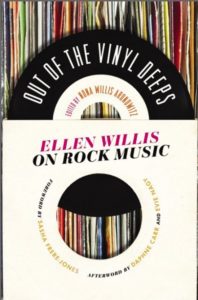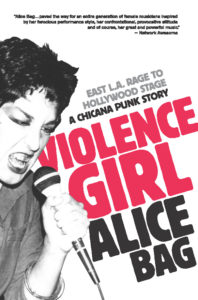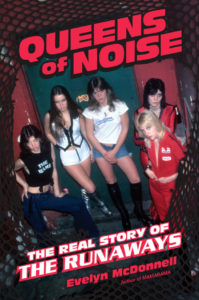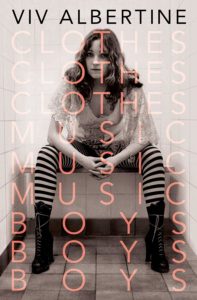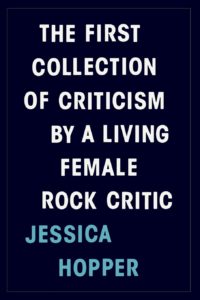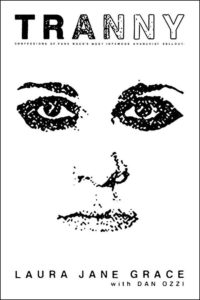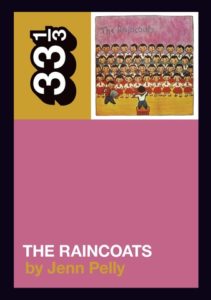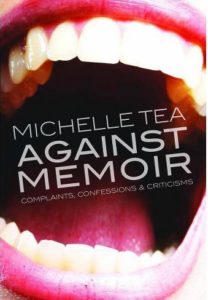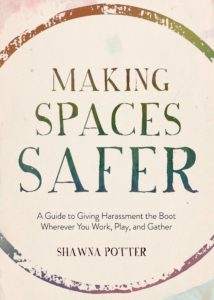Tr38cho of Old City on How to Be a Man (Read: Good Person) in DIY Communities
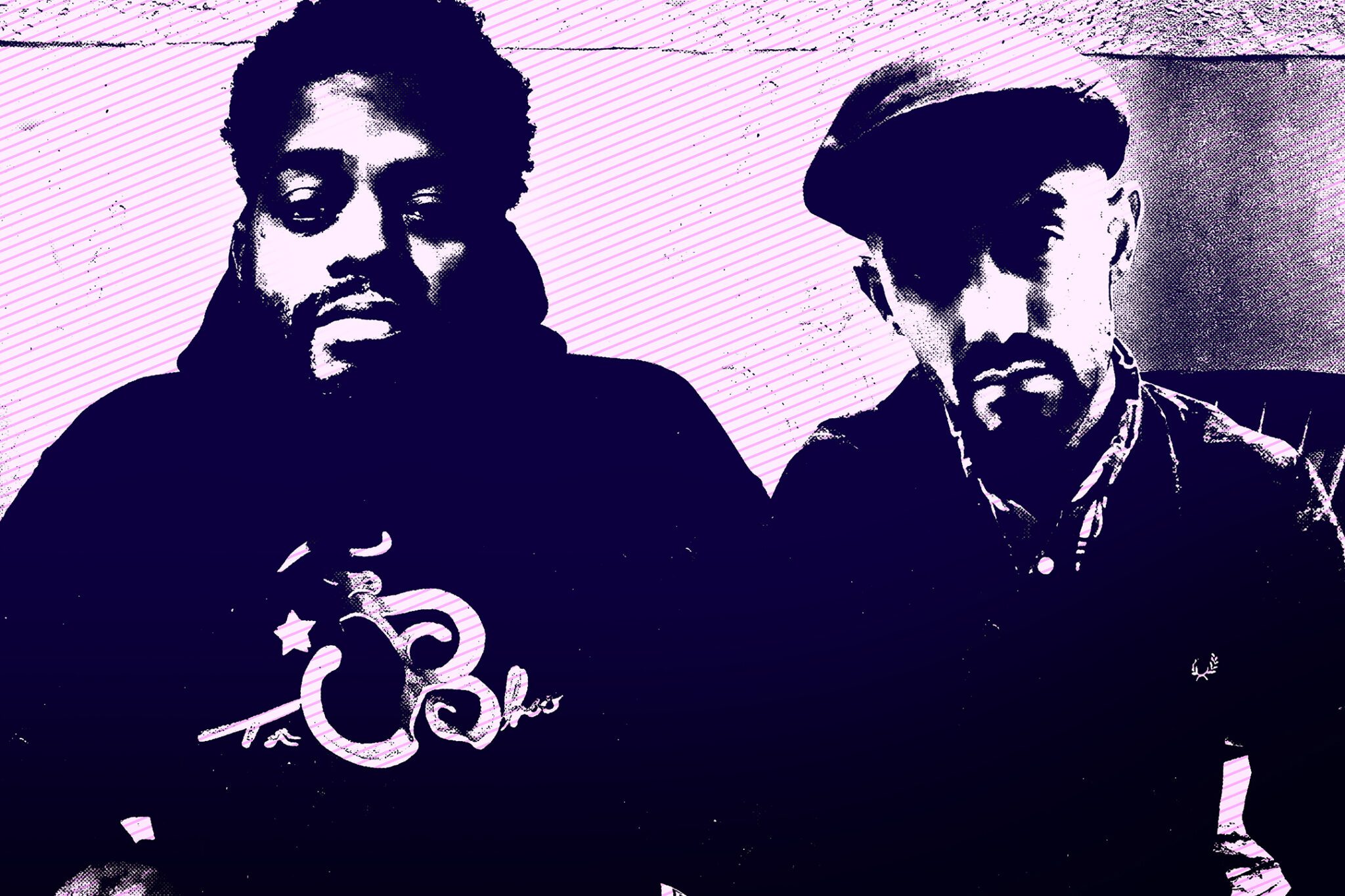
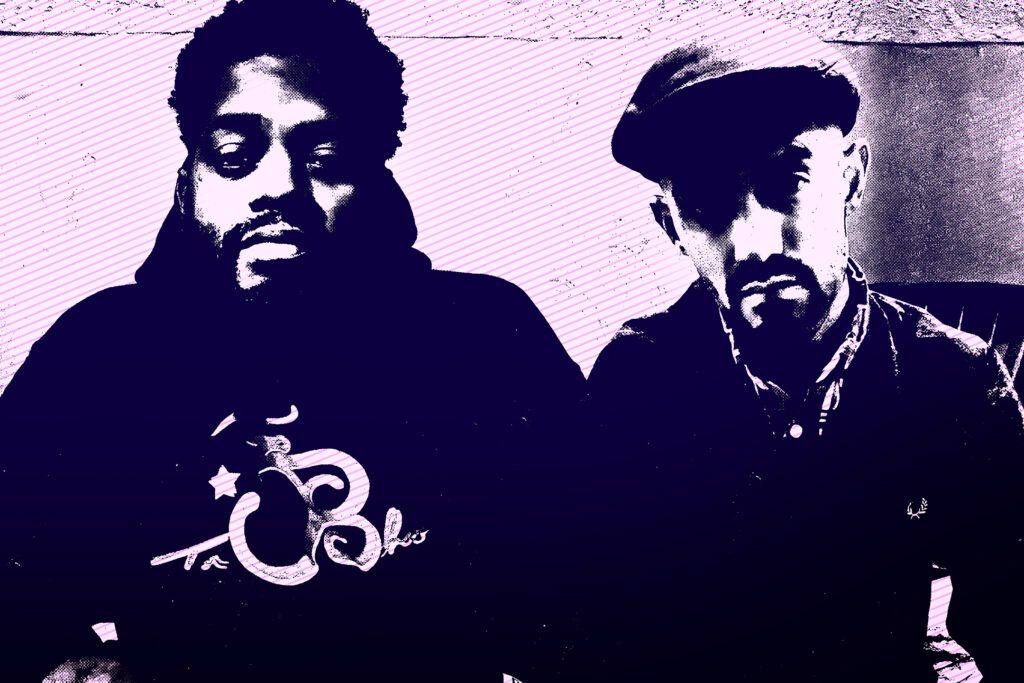
Old City is a Philadelphia/Buffalo-based hip-hop/punk collective composed primarily of the eponymous producer Old City and rapper Tr38cho, who bring in other members of these musical communities for collaborations. Their latest release is “Class Act,” an explosive tribute to women in punk featuring Shawna Potter of War on Women as well as backing vocals from Melissa ‘Winter’ Hurley (BadXMouth, Pissbath) and Nastya Pavlov (Messed Up). The song premiered on BrooklynVegan in mid-May, and it combines a few of my favorite things – a good hip hop/punk mash-up in the style of The White Mandingos (rapper Murs’ 2012 collab with Darryl Jenifer of Bad Brains) or Ho99o9, and men policing other men in DIY scenes – so when they approached me for an interview, I couldn’t say no.
The intersection of these genres goes back as far as the genres themselves. The origins of punk in Britain in the 1960s owes heavily to reggae and dub, and by the 1970s, punk and hip hop were flourishing simultaneously. But because they attracted an “outsider” demographic, they relied heavily on a DIY ethos. “In one group you have a bunch of poor white kids, and in another group you have a bunch of poor Black kids, the misfits,” Tr38cho explains. “Black people weren’t going to clubs in Manhattan in New York city, in the Bronx, you know? They were going out in the park. They say, there’s the classic line, ‘Power from the streetlights made the place dark.’ We couldn’t go to the clubs so we brought the clubs to the street.” He noted too that basement shows have existed as long as punk, and even once you reached clubs with more legitimacy like CBGB, you might find Blondie on stage with Fab 5 Freddy.
“Class Act” offers classic, irresistible basement show energy, with Tr38cho dropping lines like “Pardon me/I don’t mean to alarm you/I just think it’s dope how you redefine normal” over a tight beat sampling Pennywise’s “Society,” produced by Old City. He goes back and forth with Potter, set over a visual video that sews together clips of all of contemporary punk’s best female artists.
Tr38cho explains the idea originated from a deep respect for the courage and “special something” these women bring to the genre. “I was, I don’t want to say envious, but had always fangirled women in punk,” he says. “You can hear a thousand bands that are like Black Flag or Dead Kennedys, and then as soon as you throw a woman’s voice into it, it’s immediately a very interesting sound vocally. So my appreciation for that came out. Let’s try to write a song that’s not like, I want you to be my girlfriend, but it’s like, let me be that girl.”
This is a refreshing take from a man in the DIY punk community, one that is often plagued by sexual misconduct and struggles to live up to the progressive ethos that once defined the genre. This thought process is crucial and necessary, because at least from my personal experience, men tend to get defensive when women tell them the many ways they’ve wronged them (we all remember #NotAllMen, yes?). A lot more progress can be made a lot more quickly when men stand up to police the behavior of their fellow men, a belief Tr38cho is quick to confirm.
“I feel like every white dude in these types of scenes, when they hear stuff like this, they immediately go to punisher mode,” he says. “You add the layer of toxic masculinity where somebody’s friend was groped or whatever, and the guy comes out of nowhere and is like ‘I’m gonna kill that dude!’ And it’s like okay, hold on, before you go, you could stop the situation but I don’t need to hear your theories on how all rapists should be killed. Just handle the fucking situation at hand. And be aware that some of your actions may mimic those [same people who wronged your friend].” He adds that it has to be an “everyday” thing, and that men should constantly be checking themselves in terms of how they react to volatile situations such as these, or even something as seemingly innocuous as why they are attracted to a certain woman and how they treat her as a result.
Tr38cho also notes the intersectionality of it all, that as long as one group of people is oppressed, everyone is oppressed. “As a Black person I have a perspective, like I feel this way as a Black man, [so] this could be a thing that women feel like,” he says. “I grew up with women, I got a lot of cousins, my sister, my mom, I’m married. With all these women who surround me, you get those perspectives, you hear them and sometimes you have to be wrong for a second… And I do with LGBTQIA communities and feminist communities, what I would like done from white men towards the Black community.”
While he would definitely like Old City to release a “party song” sooner or later, their work lately has focused primarily on thorny issues. In addition to “Class Act,” they’ve written a few songs dealing with police brutality, and hope to drop a song soon in the vein of Blink 182’s “Adam’s Song.” “It’s not just women who bear the weight of toxic masculinity,” he says. “It’s men. That song particularly brings out male vulnerability between two men, and how vulnerability between men is just not promoted enough. Without some sort of gaze of football, or sports, you have to have an extra layer. Men can’t just be vulnerable with each other without a reason for it.”
In the end, I share the world of Old City with the Audiofemme universe not only so you can rage to some good, old-fashioned punk rock this summer, but also that we might all find some hope in the fact that there truly are some good guys out there doing the work. For a lack of a better phrase than #NotAllMen, some of them really do want to heal these tender spots and make DIY communities, and the world at large, a more positive place for everyone. And Old City is it.
Follow Old City on Instagram for ongoing updates.

